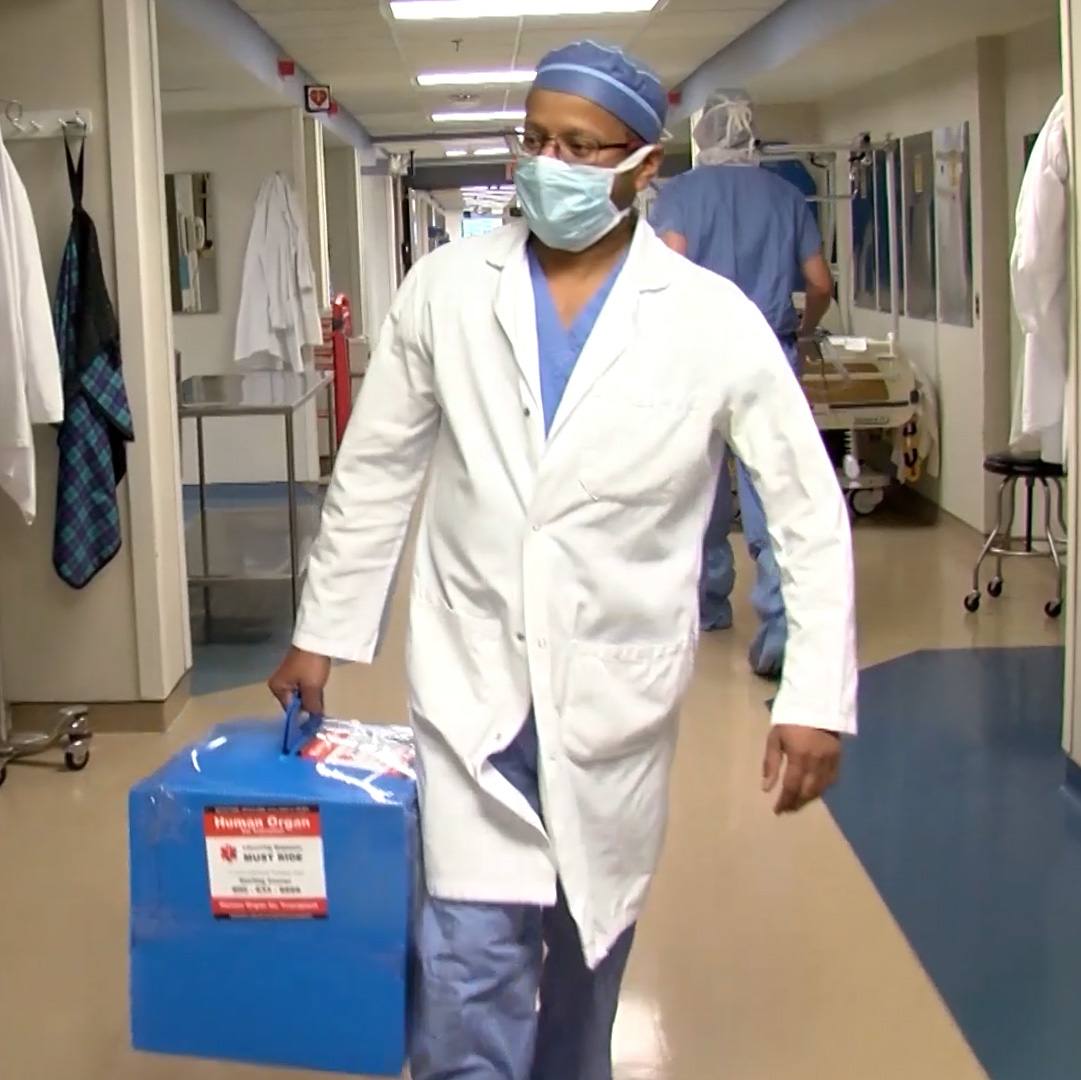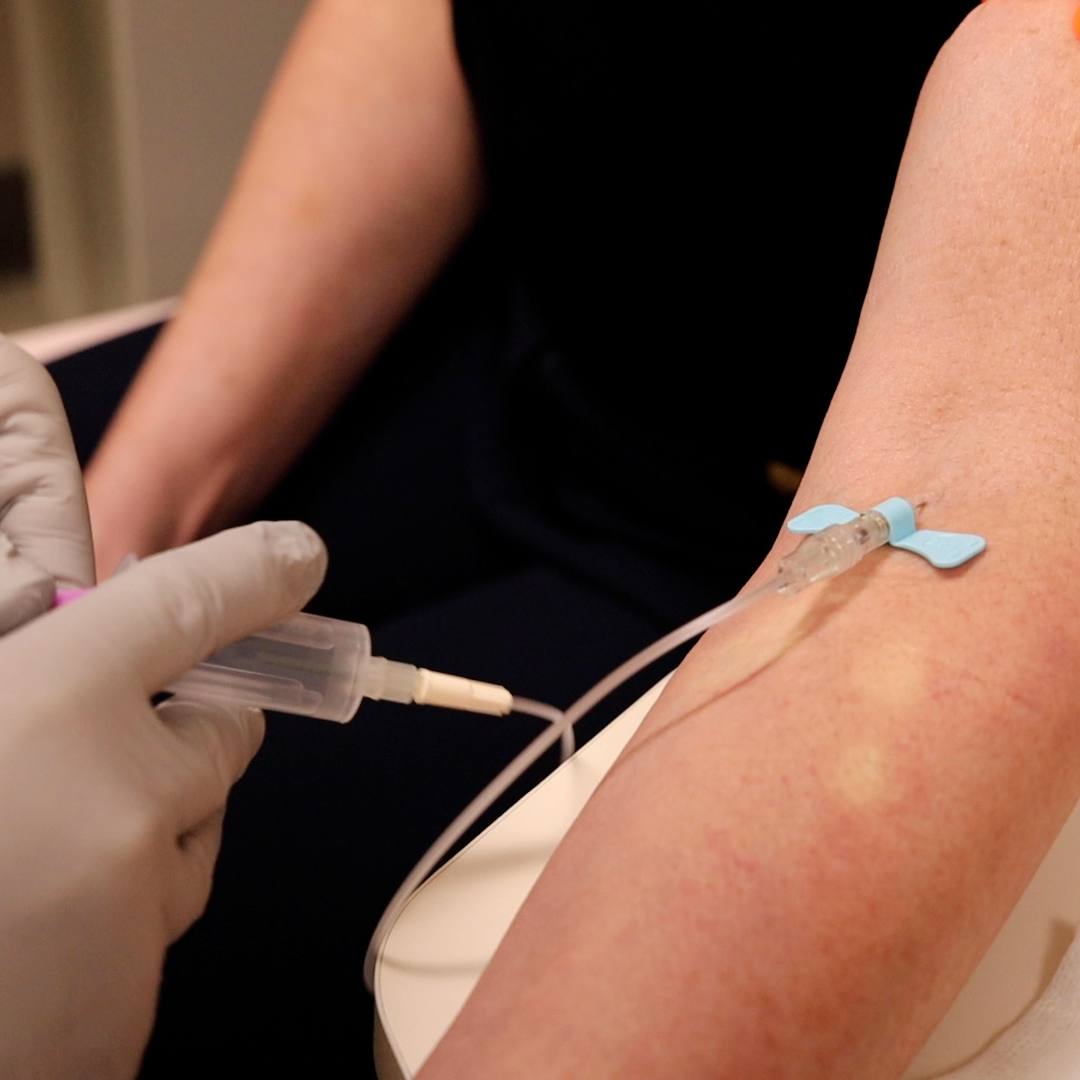-
Health & Wellness
Consumer Health: Treating TB

World TB Day will be observed March 24, which makes this a good time to learn more about tuberculosis, or TB.
TB is a potentially serious infectious disease that mainly affects your lungs. The bacteria that cause TB are spread from one person to another through tiny droplets released into the air via coughs and sneezes.
Anyone can get TB, but certain factors can increase your risk of the disease. These factors include traveling or living in areas with high rates of TB and drug-resistant TB, including Africa, Eastern Europe, Asia, Russia, Latin America and the Caribbean.
Many strains of TB resist the drugs most used to treat the disease. People with active TB must take several types of medications for many months to eradicate the infection and prevent development of antibiotic resistance. Your health care provider's recommendation for you will depend on several factors, including your age, overall health, possible drug resistance and the location of the infection.
Here's what you need to know about treating TB.
Related Articles







